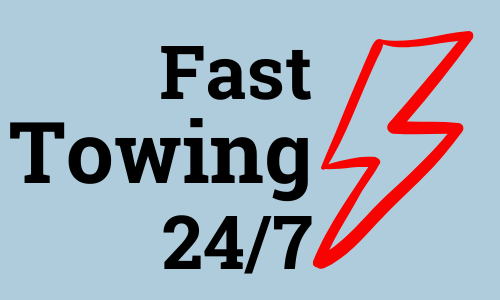TCA's David Heller says lack of truck parking is industry's No. 1 issue
WASHINGTON — It’s difficult enough to keep track of the myriad regulations that impact the trucking industry, but monitoring the status of proposed legislation and rulemakings complicate the process further.
That’s one reason why the Truckload Carriers Association (TCA) offers a monthly webinar to explain what’s happening and TCA’s position on each issue.
The January webinar, conducted by David Heller, TCA’s senior vice president of government affairs and safety, covered a large number of issues in the allotted hour.
The first topic covered was fatality crashes involving large trucks, which rose to 5,370 in 2021, the last year for which data is available.
A total of 872 truck drivers were killed in those crashes.
“It kind of gives us a wakeup call as to where we are and what we need to do when it comes to improving safety on our roadways,” Heller remarked, noting that the Federal Motor Carrier Safety Administration (FMCSA) is reviewing crash data.
“And 555 of those drivers were not wearing their seatbelt,” he added. “It’s one of those situations where certainly we need to reverse the trend and some of those talks are going on right now in DC as we speak.”
Truck parking has been in the headlines for a while now and is considered one of the industry’s biggest headaches.
“This is the No. 1 issue that the professional truck driver has out there,” Heller said, displaying a heat map showing trucks parked in unauthorized locations, such as side streets and freeway ramps adjacent to truck stops. Another slide showed an average loss of $5,000 per driver due to time lost finding parking.
“We’ve made some headway recently,” Heller said. “There is a bill on Capitol Hill, two bills actually — House Bill 2367 and Senate Bill 1035 — that call for $755 million over three years to address the issue. Working with our lobbyists on Capitol Hill, we’re probably about five to six co-sponsors away from actually getting something moving on truck parking that would really make a difference.”
The U.S. Department of Transportation just announced more than $300 million to address the national truck parking crisis, so some headway is being made.
Turning to infrastructure spending, the $110 billion Bipartisan Infrastructure Law passed in 2021 has helped greatly, but there are still issues.
“What happened between 2021 and when the infrastructure bill passed is that there was a tremendous increase in the cost of construction and that increase rose dramatically,” Heller explained. “The funding that was passed in the infrastructure bill, doesn’t equate to 2023 prices that it cost to actually build roads and bridges.”
Supply chain solutions and other trucking bills are still in the works, according to Heller.
“There are several pieces of legislation that are currently being talked about on Capitol Hill,” he said. “The Highway Accident Fairness Act, which is lawsuit abuse, anything size and weight certainly has crept into the conversation, autonomous vehicle centric legislation, along with employee-driver-centered legislation like the license acts or veterans or truck driver incentive acts. There’s also an anti-speed limiter bill we’re going to talk about.”
Other current bills include a Motor Carrier Safety Selection Standard Act, a bathroom access bill and the Workforce Improvement act.
“The question is, is where does it go after they’re talking about it?” Heller asked.
He pointed out that the 2024 November presidential election could impact legislation as the parties maneuver for political points.
The Drug and Alcohol Clearinghouse is still an issue, as the numbers of drivers testing positive for alcohol or controlled substances and declining the return to duty process continues to grow, Heller said.
“Marijuana, by far, at 57.2% is the No. 1 substance identified in these drug tests,” Heller noted. “You do have to look about where you are in the United States in terms of legalized recreational use states.”
Oral fluid and hair follicle testing remain active topics. The U.S. Department of Transportation announced a rulemaking that allows oral fluid testing but, as yet, there are no certified laboratories to test samples. Hair testing has proven effective but has not been approved.
“It’s one of those situations that we continue to talk about with the agency hoping that we get some movement in 2024, getting the results of those hair tests and putting it into the Clearinghouse,” Heller said.
A speed limiter rule has been in the works for some time now but has now been postponed until at least May.
“A supplemental Notice of Proposed Rulemaking was supposed to come out Dec. 29, 2023,” Heller said. “It never came out.”
The initial proposal received over 15,000 comments but, as yet no final ruling has been issued.
Heller also covered the topics of changes to the compliance, safety and accountability program, the carrier fitness determination process, the young driver apprenticeship program, proposals for trailer side underride guards, automatic emergency braking, lawsuit abuse and electric vehicles.

Cliff Abbott is an experienced commercial vehicle driver and owner-operator who still holds a CDL in his home state of Alabama. In nearly 40 years in trucking, he’s been an instructor and trainer and has managed safety and recruiting operations for several carriers. Having never lost his love of the road, Cliff has written a book and hundreds of songs and has been writing for The Trucker for more than a decade.
